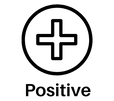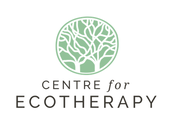|
A big thank you to everyone who responded to our survey asking whether we should run our How to Skin a Rabbit session. The replies have been very interesting, and are printed below in the order they were received, to encourage more thought and reflection about the issue: NB click these links to read part 1 and part 2 of this story, which explain how the survey came about. "As a meat eater, I think it is important to acknowledge where my food comes from”
Sheila "At some point I would like to learn this as I think if you eat meat you should be able to also kill animals and handle the preparing of the meat. It should be ensured that the animals were raised and killed humanely and respectfully.” Name withheld "As a non-meat eater I would not do it. I think the session should also be how to skin and cook a rabbit, I think the workshop is only ok if the rabbit is actually eaten at the end of it by the participants. I think if people eat meat then they should 'do the dirty work themselves' so to speak and if you can't do that like me, then don't eat meat. People should face up to the realities of where their food comes from and if they are too squeamish to kill an animal themselves then maybe they shouldn't expect others to do it for them. I don't have a problem with the workshop as long as the rabbit is eaten and not wasted but I would never do it because I don't eat meat.” Christina A couple of months ago, I asked our subscribers what they thought about the Rabbit Skinning class that we’d scheduled.
I explained how the idea for the class came about (in Part 1 of this article), but that we’d sold no tickets, and that I’d had several strong complaints from people who thought the session was gratuitous and cruel. These complaints gave me pause for thought, and I wondered if there was some kind of ethical or ecological conflict between foraging and animal welfare. So I sent out a survey asking what people thought about it. A big thank you to everyone who responded - the feedback has been very interesting, and overwhelmingly in favour of running the session. 88% said you thought we should run the class, 12% said not to, and of those who said yes we should do it, 68% also said they’d attend the class. Wild pigeon breasts were perfect with the nettle pesto that the group made. Foraging, wild food and wine tasting with the Brighton Wine Company
Wild samphire canapés prepared by @forage_brighton at our Foraging and Wine Tasting session with the Brighton Wine Company
It was so dark in the woods, the inky blackness swallowed us whole. Great to come back to a fire.
#sensory #awareness #slowwalking #night A couple of years ago I went on a wild bushcraft weekend in some woods near the Ashdown Forest.
It was sunny and breezy, and over the course of the weekend we were shown various skills: how to build a shelter from branches and leaves, spoon carving, making string from wild plants, how to purify water using dirt and moss… We also were taught how to skin a wild rabbit. To be honest, I didn’t fancy the rabbit session that much. I’m a bit squeamish and although I am a meat eater I don’t eat rabbit. But in the interests of learning a survival skill and of getting closer to something I usually take for granted, I thought I’d give it a go. It was harder than I expected, and peeling back the fur and the skin to reveal the raw sinews and muscle underneath made me feel pretty uncomfortable. Artist Anniek Verholt helps us create our own individual piece of land art, with natural materials that we gather from our surroundings.
After spending some moments in our chosen spot on the Downs, we go off to find stones, leaves, flowers, or pieces of wood that we put together in a way that resonates. More Land Art & Mindfulness here. Mike the forager explains the difference between Sea Beet and Sea Kale, down at Seaford Head, at our Coastal Foraging with your Senses walk.
Look what the guys made. Whittling, headspace and conversation round the fire with a group of digital business leaders, convened by Jonathan Markwell and facilitated by Steve Stark of Then Somehow. Rosie Linford taught us the cuts.
|
Author & CuratorNigel Berman is the founder of School of the Wild. Archives
March 2024
|
Leaders |
About Us
Support |
|
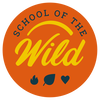
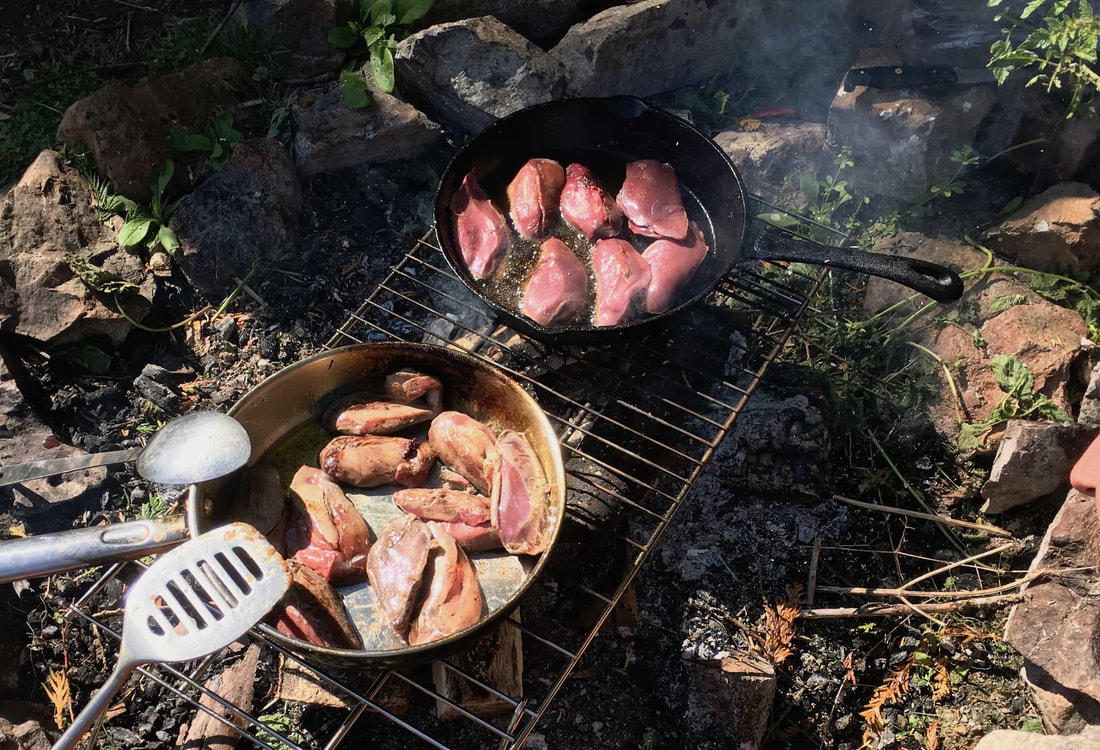
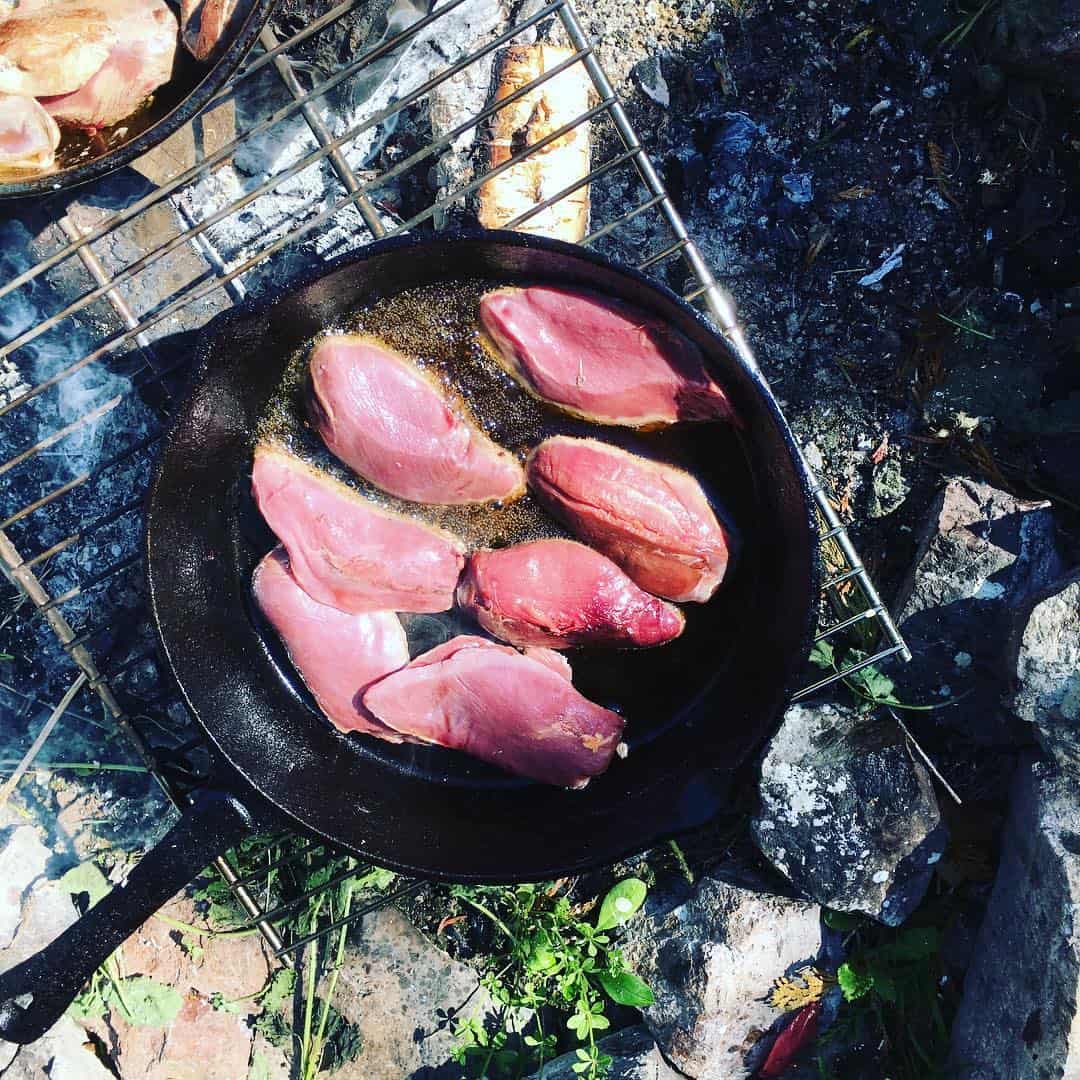
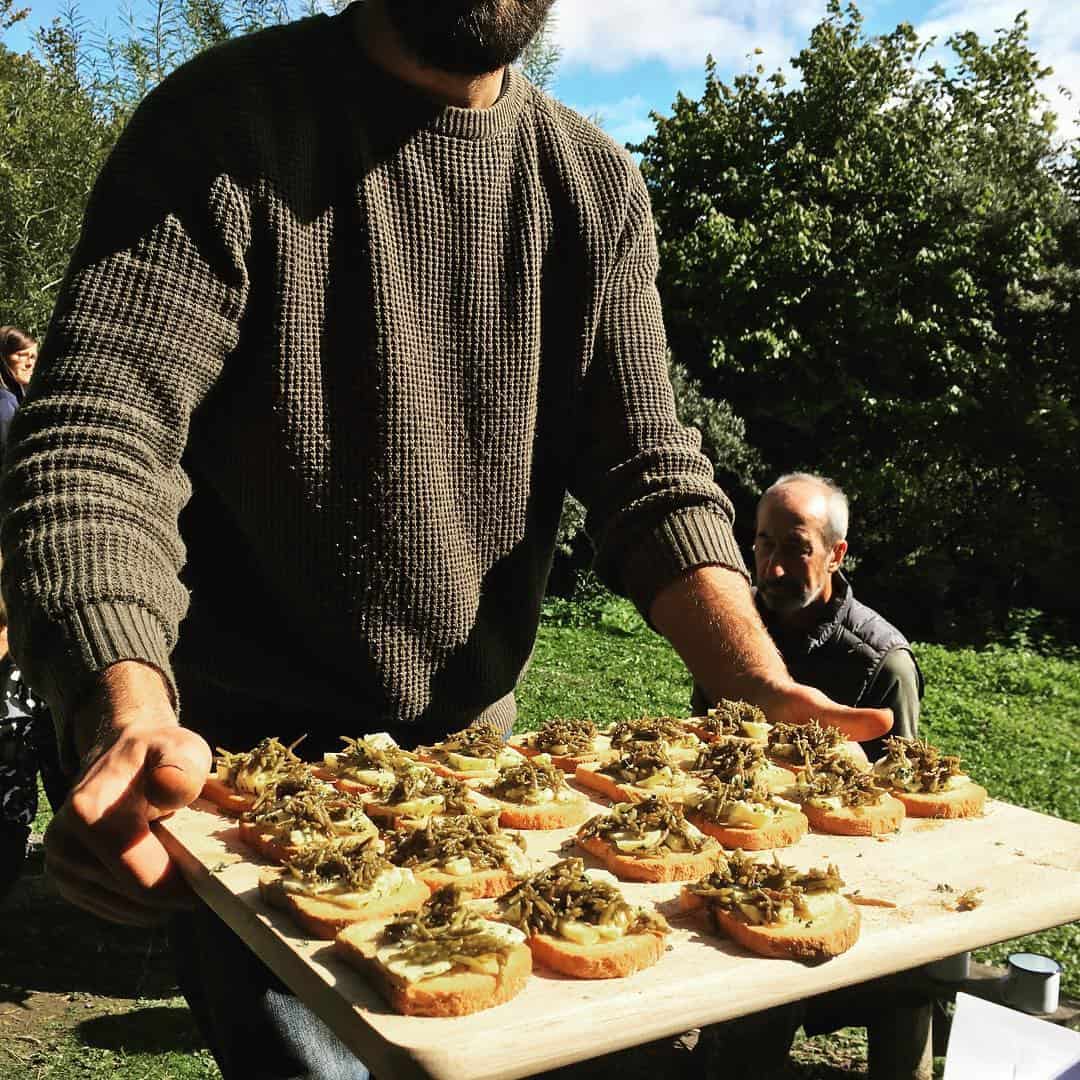
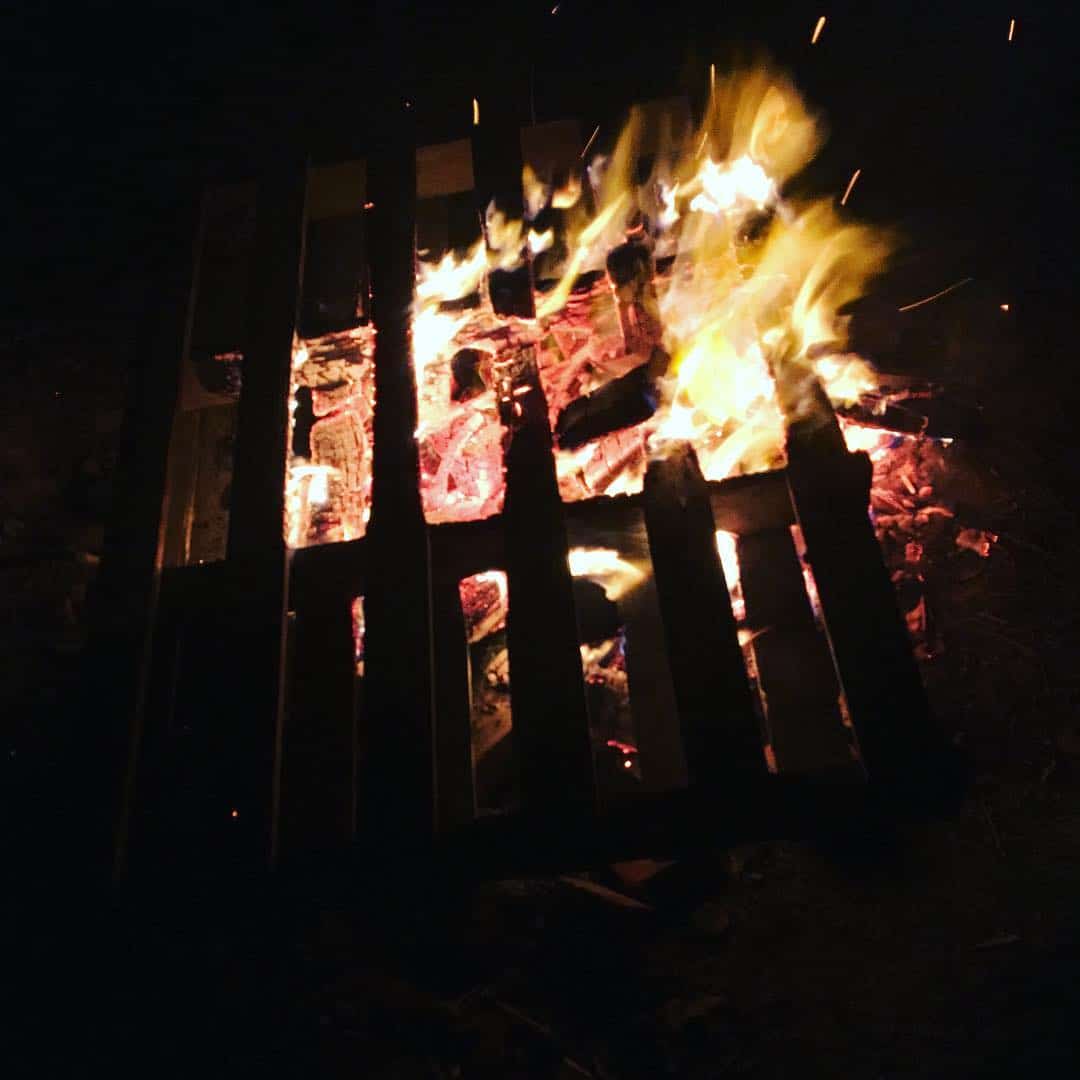
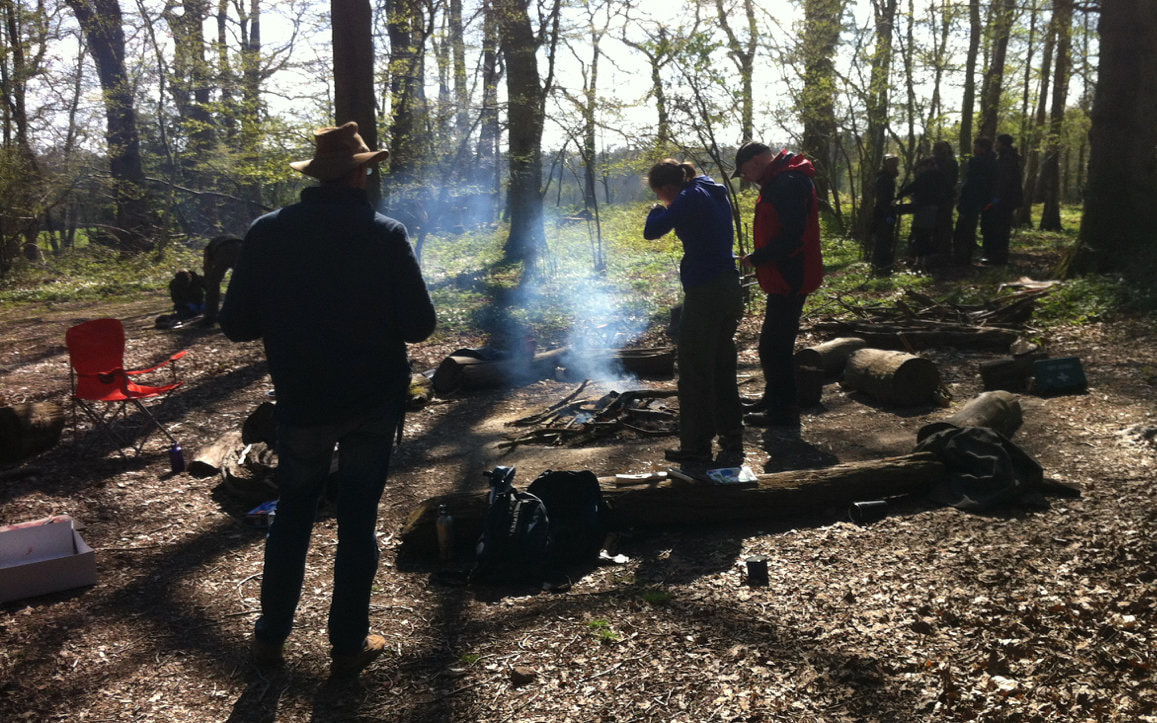
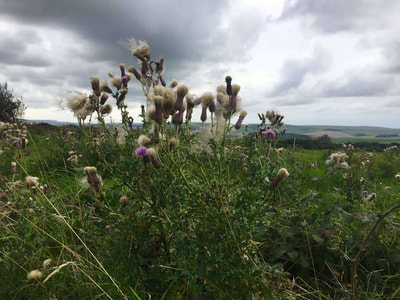
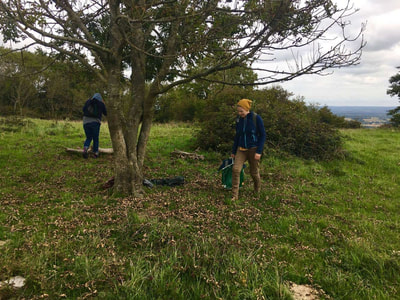
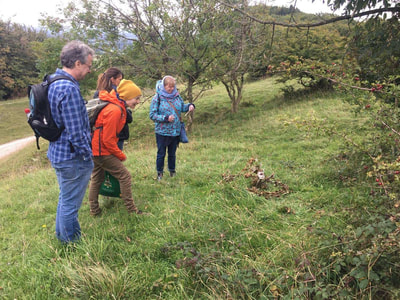
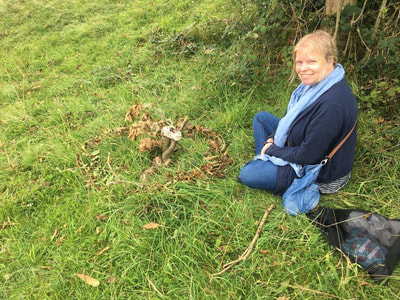
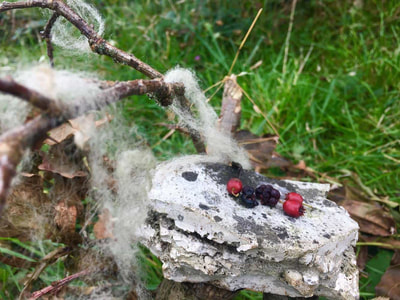
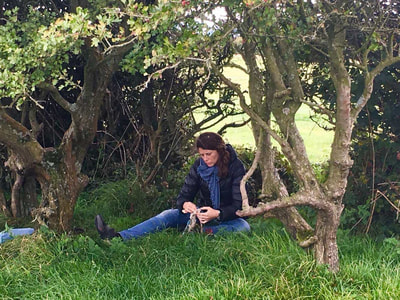
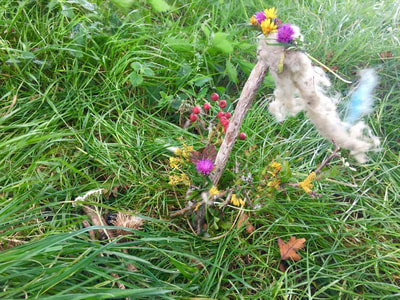
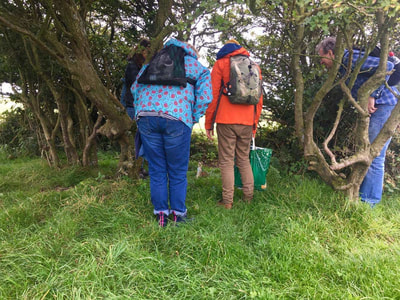
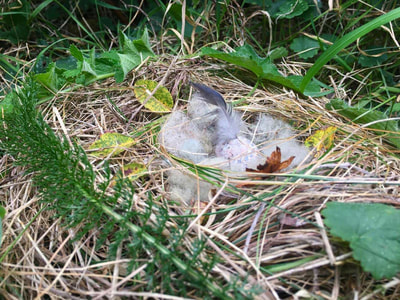
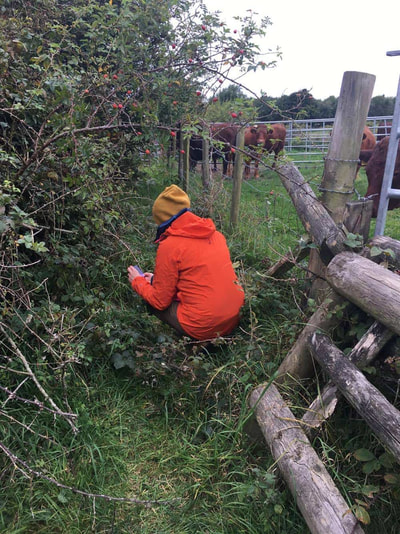
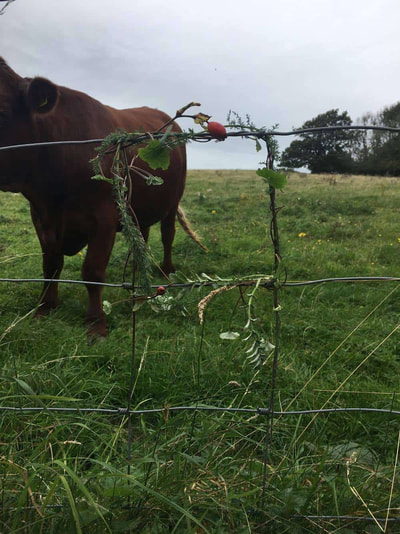
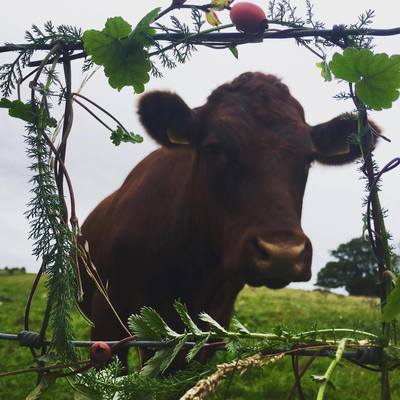
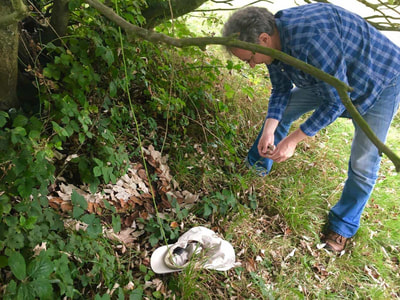
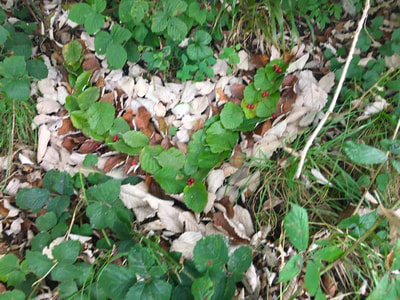
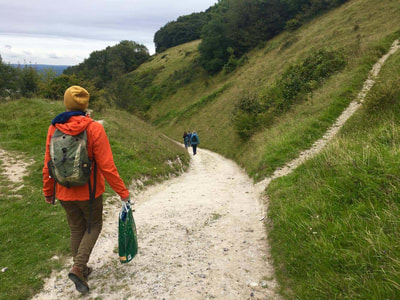
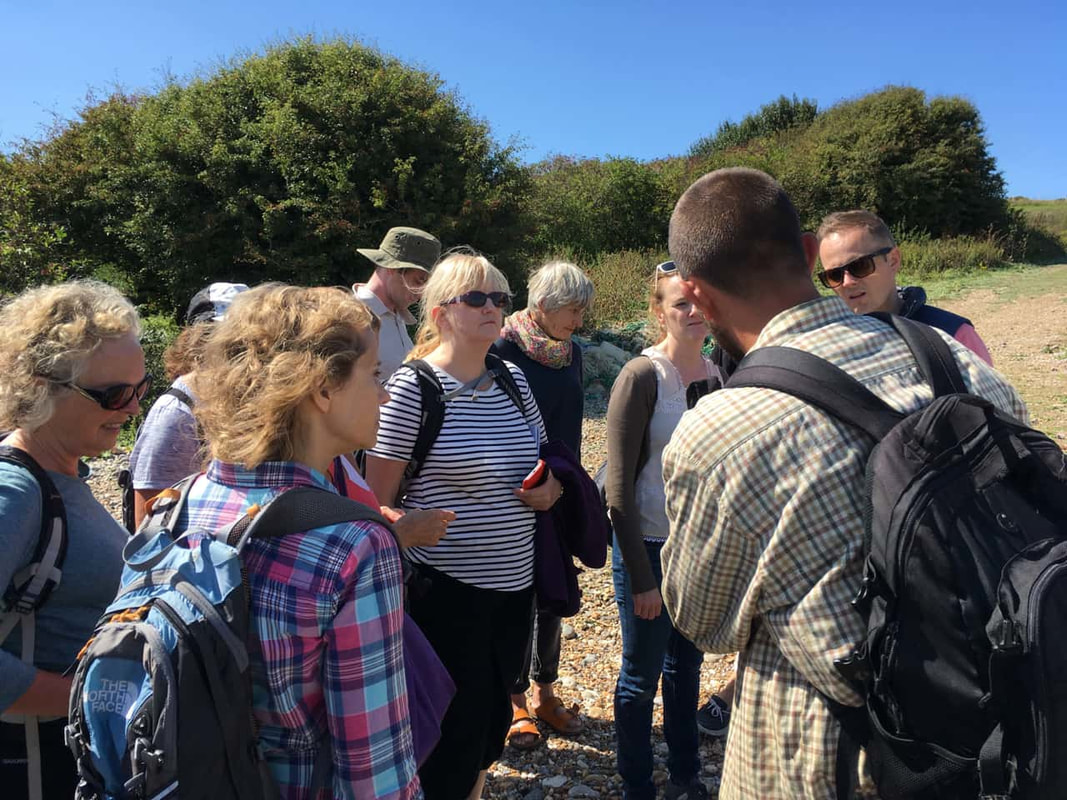
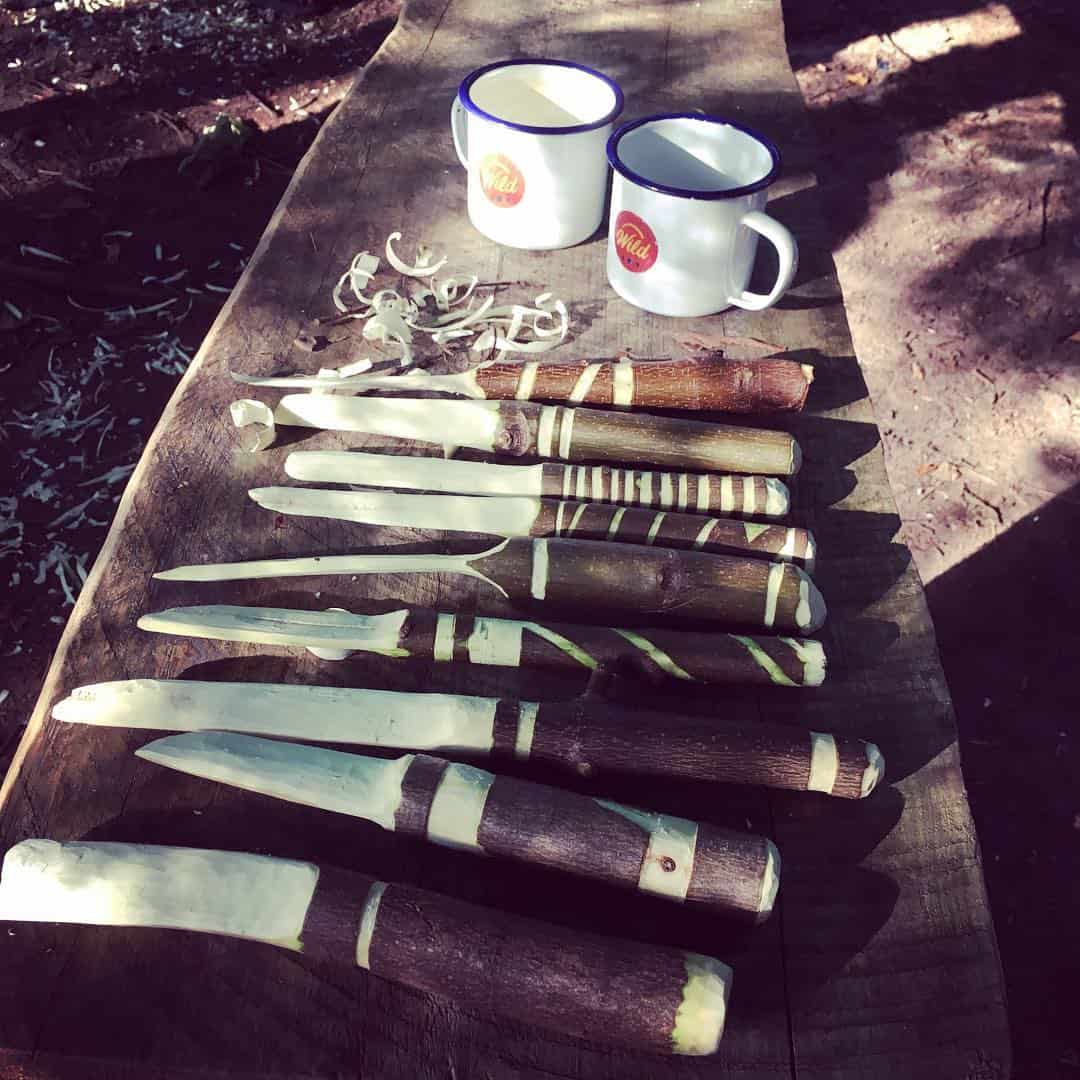
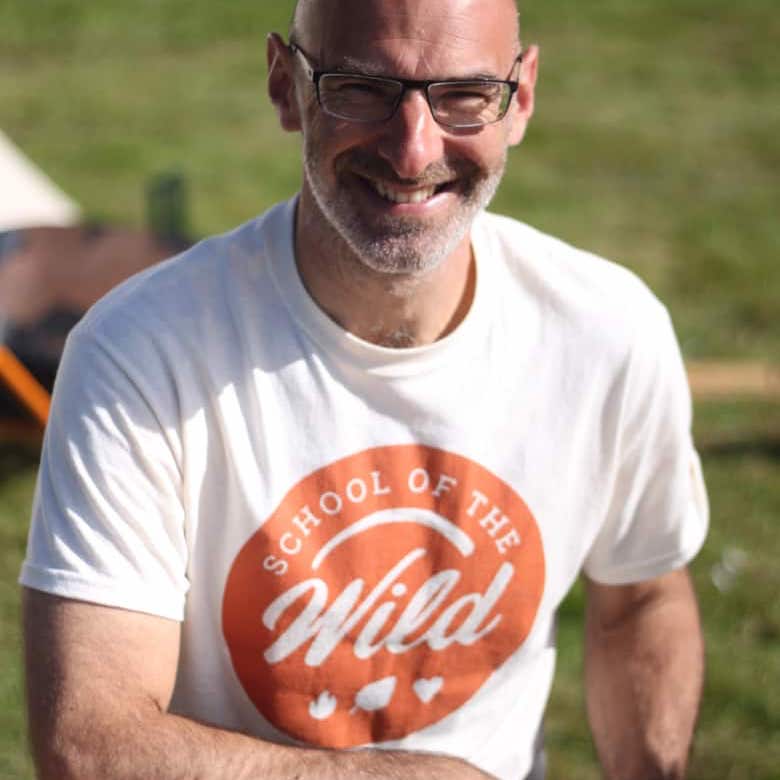
 RSS Feed
RSS Feed
